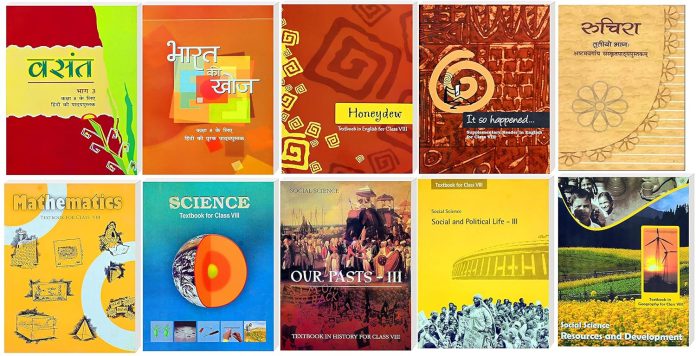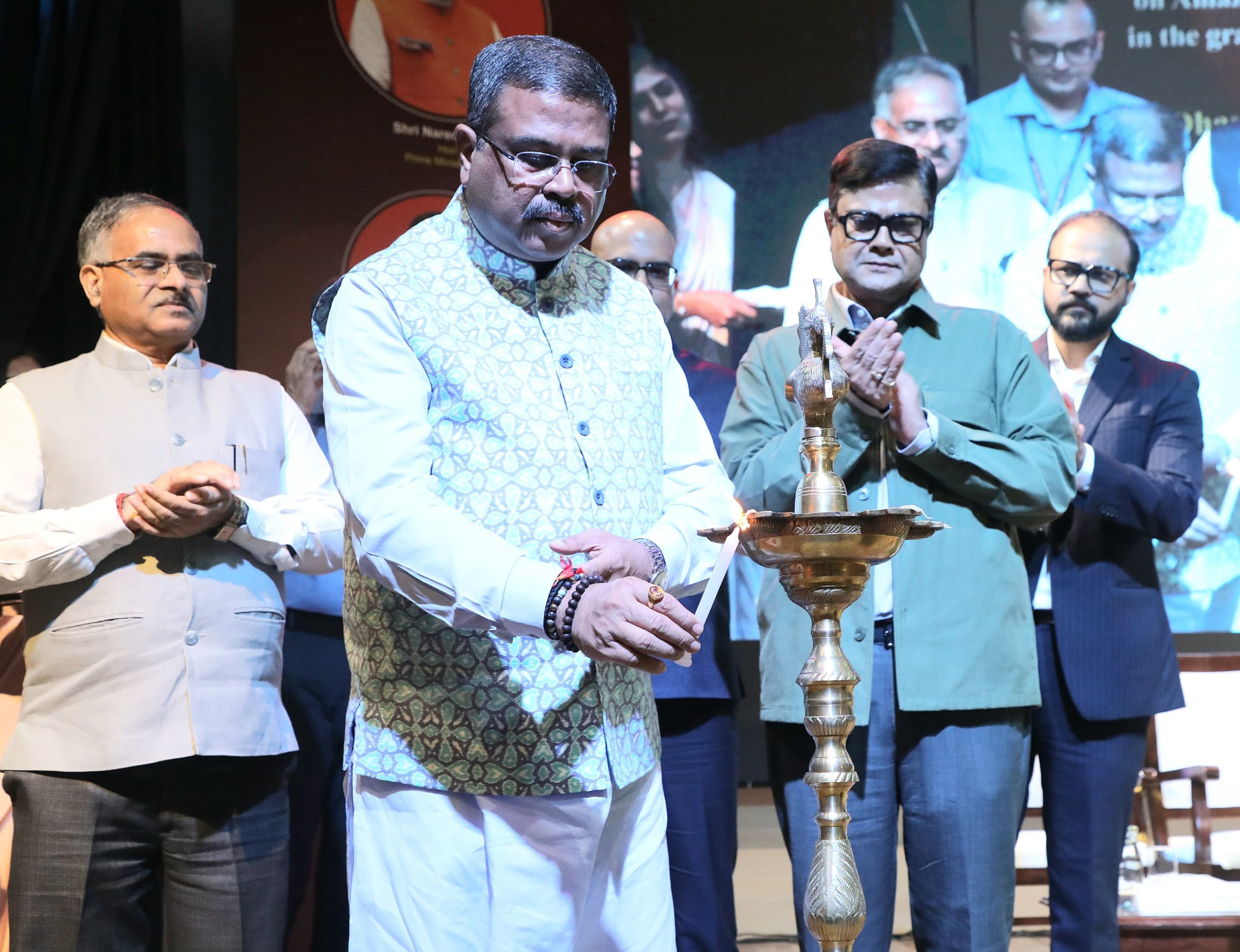
The National Council for Educational Research and Training (NCERT) plans to triple the publication of textbooks and print 15 crore (150 million) copies this year, Union education minister Dharmendra Pradhan announced on 7 October 2024.
The minister was speaking at an event to sign a letter of engagement between NCERT and Amazon. This is the first such tie-up that will ensure access to original NCERT textbooks at the printed price on major eCommerce platforms, PIB announced in a post.
Addressing the audience, Pradhan said the initiative will strengthen NEP2020’s vision of making education inclusive, accessible, and affordable. He said with the increasing digital footprint across the country, this initiative will support the government’s vision of ‘ease of living.’
Pradhan said NCERT has been shaping India’s education landscape by publishing textbooks since 1963, with a total of around 220 crore books and journals. He said these books will be made available across nearly 20,000 pin codes nationwide. The books should be available at MRP.
Pradhan lauded NCERT’s partnership with Amazon, calling it a step towards enhancing ease of living and accessibility to education, adding, “NCERT will triple-fold the publication of books and publish 15 crore books for the next academic session (2025-26),” He said NCERT has been entrusted with the responsibility of developing 21st-century textbooks.
Stressing the importance of making learning joyful for the 300 million students of Amrit Kaal, he urged the development of eBooks that are interactive and AI-driven, featuring innovations such as talking books.

Highlighting the significance of textbooks in education, Sanjay Kumar, secretary, department of school education and literacy (DoSEL), emphasized the need to strengthen the supply chain for these essential resources. He said textbooks, which account for nearly 96% of the total volume of book sales in the country, should be made available through e-commerce platforms such as Amazon to enhance accessibility for students.
NCERT textbooks of all grades will be made available on the Amazon NCERT storefront (http://amazon.in/ncert), which was also launched on the day. The textbooks will be retailed at a price not more than the rate printed on the textbooks. Only original NCERT textbooks will be retailed on the platform, helping curb the sale of pirated NCERT textbooks. Amazon will help NCERT monitor and take down unauthorized sellers who distribute counterfeit or overpriced books.
Through Amazon’s vast delivery network, students and schools in the most remote areas will be able to purchase textbooks at the prescribed prices. This would address the challenges of supply gaps, delayed availability, and regional shortages of textbooks, ensuring equitable access to education.
This tie-up will enable NCERT to leverage customer reviews and feedback to improve the quality of its textbooks and other educational material. Anonymous sales and usage data will be shared with NCERT to facilitate informed decision-making regarding future print orders, distribution strategies, and selection of new distributors in states and districts where the demand for NCERT textbooks is higher.
Prachi Pandey, joint secretary, (DoSEL), Dinesh Prasad Saklani, director of NCERT, Saurabh Shrivastava, vice-president, Amazon and Aman Jain, director, public policy, Amazon were present at the event.
Note: NCERT is tripling its production from the current supply of 5 to 6 crore (50 to 60 million) copies to 15 crore (150 million). These are used mainly for the CBSE curriculum and in the Kendriya Vidyalyas run by the central government and are also being made compulsory for some some of the higher standards in private schools.
The total production of schoolbooks in India is of a much higher order and perhaps closer to 300 crore (3 billion) copies – mainly supplied by state education departments and private schoolbook publishers. This figure needs to be doubled as well.

















